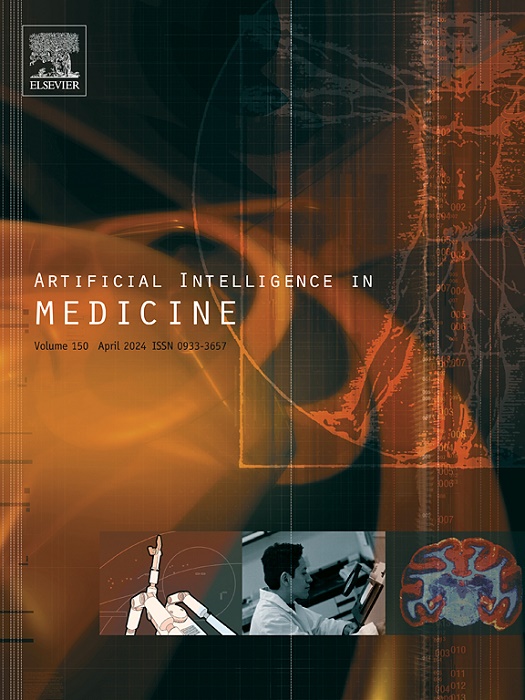PhenoLinker: Phenotype-gene link prediction and explanation using heterogeneous graph neural networks
IF 6.2
2区 医学
Q1 COMPUTER SCIENCE, ARTIFICIAL INTELLIGENCE
引用次数: 0
Abstract
The association of a given human phenotype with a genetic variant remains a critical challenge in biomedical research. We present PhenoLinker, a novel graph-based system capable of associating a score to a phenotype-gene relationship by using heterogeneous information networks and a convolutional neural network-based model for graphs, which can provide an explanation for the predictions. Unlike previous approaches, PhenoLinker integrates gene and phenotype attributes, while maintaining explainability through Integrated Gradients. PhenoLinker consistently outperforms existing models in both retrospective and temporal validation tasks. This system can aid in the discovery of new associations and in understanding the consequences of human genetic variation.
PhenoLinker:使用异质图神经网络预测和解释表型-基因联系
特定人类表型与遗传变异的关联仍然是生物医学研究中的一个关键挑战。我们提出了PhenoLinker,这是一个新的基于图形的系统,能够通过使用异构信息网络和基于卷积神经网络的图形模型将分数与表型-基因关系联系起来,这可以为预测提供解释。与以前的方法不同,PhenoLinker集成了基因和表型属性,同时通过集成梯度保持可解释性。PhenoLinker在回顾和时间验证任务中始终优于现有模型。这个系统可以帮助发现新的关联和理解人类遗传变异的后果。
本文章由计算机程序翻译,如有差异,请以英文原文为准。
求助全文
约1分钟内获得全文
求助全文
来源期刊

Artificial Intelligence in Medicine
工程技术-工程:生物医学
CiteScore
15.00
自引率
2.70%
发文量
143
审稿时长
6.3 months
期刊介绍:
Artificial Intelligence in Medicine publishes original articles from a wide variety of interdisciplinary perspectives concerning the theory and practice of artificial intelligence (AI) in medicine, medically-oriented human biology, and health care.
Artificial intelligence in medicine may be characterized as the scientific discipline pertaining to research studies, projects, and applications that aim at supporting decision-based medical tasks through knowledge- and/or data-intensive computer-based solutions that ultimately support and improve the performance of a human care provider.
 求助内容:
求助内容: 应助结果提醒方式:
应助结果提醒方式:


